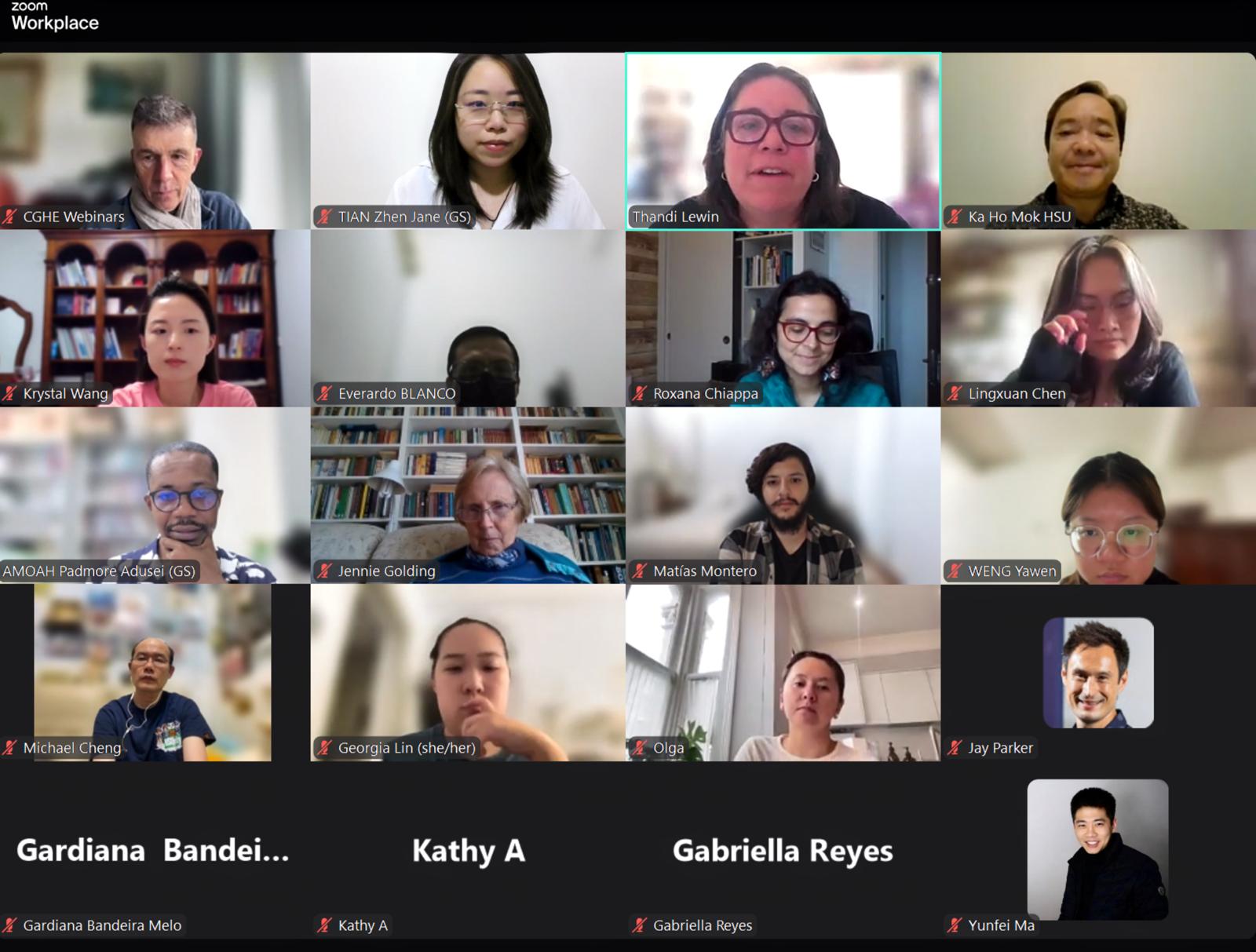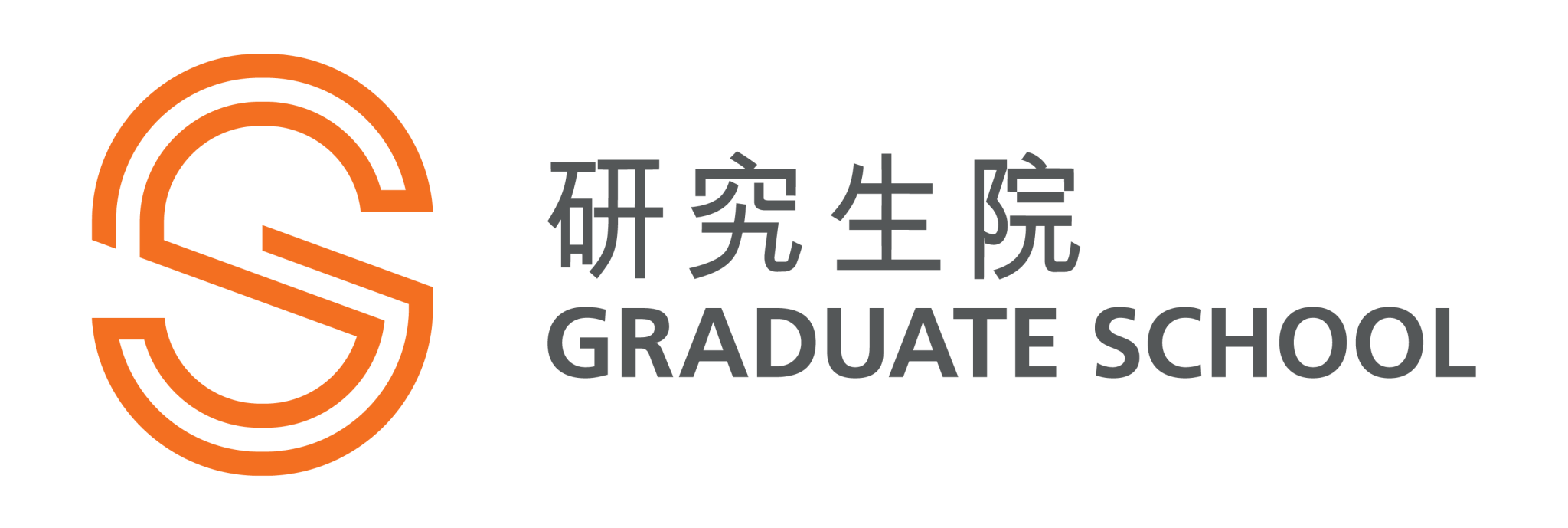- 30 September 2024

On the 27th of September, the Centre for Global Higher Education (CGHE) convened a virtual workshop with the topic of "Epistemic justice, coloniality, and repair in global Higher Education." This research event brought together a cohort of distinguished academics from the United Kingdom, United States, Hong Kong, South Africa, and South America to critically examine and reimagine the prevailing norms of higher education, striving for a paradigm that is more inclusive, fair, and just. Participants joining the workshop were excited by thought-provoking dialogues and reflections of issues closely related to decolonizing and revitalizing the academic sphere for promoting inclusion in education and research across different parts of the globe.
The workshop started with a warm welcome from David Mills and Thandi Lewin, the esteemed director and co-director of CGHE. The first discussion featured Mlamuli Hlatshwayo, an expert on the plight of young African scholars in northern global universities, with a particular focus on the professional trajectory of postdoctoral researchers. Subsequent discussions involved scholars from South Africa, Savo Heleta and Pedro Mzileni, who shed light on the colonial biases in global academic publishing and advocated for the rise of African knowledge platforms.
Ka Ho Mok, Provost and Chair Professor at The Heng Sang University of Hong Kong, led his team members Professor Padmore Amoah and Dr Jane Tian to join the third session, critically discussed the challenges and pedagogies in decolonizing higher education across the Asia-Pacific region. By examining the experiences of African students facing epistemic injustice in Eastern societies, their research offered novel insights into the lingering colonial influences and globalization within educational systems. During the discussion, Mok facilitated an engaging conversation with attendees, highlighting the significance of including the unique experiences of Hong Kong and China into the broader global dialogue on reparations and decolonization of higher education.
Further discourse was contributed by scholars such as Roxanna Chiappa, Jennie Golding, and Arathi Sriprakash, who delved into doctoral studies' role in system development and explored reparative approaches in material, epistemic, and pedagogical contexts for reparative justice in global higher education.
The symposium concluded with a reflective discussion that synthesized the day's exchanges, mapping out potential avenues for the decolonial higher education movement. This gathering of diverse voices and viewpoints aimed to collaboratively envision a future for higher education that is more just, equitable, and embraces a multiplicity of perspectives. The Oxford Centre for Global Higher Education Research is committed to co-developing exciting research events to enhance better cross-cultural understanding and closer higher education collaboration globally. Being one of the core partners of CGHE, the Hang Seng University of Hong Kong will continue to engage with international experts to promote higher education research for global common good, for details please visit the GS website at here.
More details about the Oxford Centre for Global Higher Education Research, please visit website at link.



